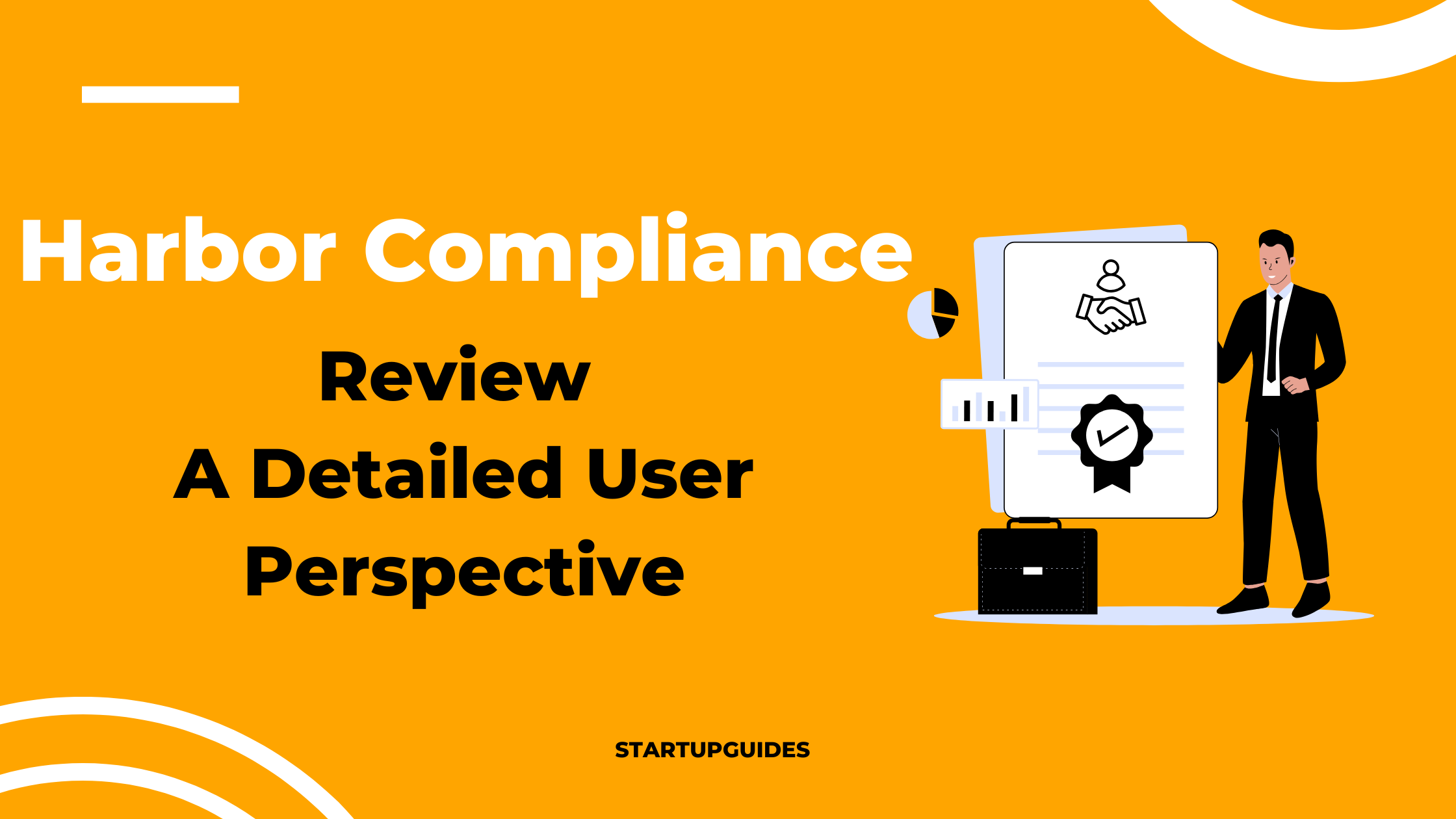Starting a Limited Liability Company (LLC) in Connecticut can be an exciting and rewarding venture for anyone looking to establish a business with limited liability, tax flexibility, and less administrative complexity. If you’ve decided to start your LLC in Connecticut, this comprehensive guide will provide you with a detailed, step-by-step approach to ensure you follow the proper process and make the right decisions.
In this guide, we’ll cover the entire process of forming an LLC in Connecticut, including the legal requirements, important forms, fees, and tips for success. Whether you’re an experienced entrepreneur or a first-time business owner, this step-by-step guide will help you set your LLC up for success.
Costs Summary
| Cost Item | Amount (in USD) |
|---|---|
| Filing Fee (Certificate of Formation) | $120 |
| Operating Agreement (optional, but recommended) | Varies (typically $100–$500) |
| Annual Report Fee | $80 |
| Name Reservation (optional) | $60 |
Step-by-Step Guide to Starting an LLC in Connecticut
Starting an LLC in Connecticut can seem overwhelming at first, but breaking it down into manageable steps can make the process smooth and easy. Below are the key steps you’ll need to follow to form your LLC in the state.
1. Search for Your LLC Name
The first step in creating your LLC is choosing the right name for your business. Your LLC name is important because it will represent your brand, and it must comply with Connecticut’s naming rules. Here are the basic requirements:
- Uniqueness: The name you choose must be distinguishable from any other LLC or business entity currently registered in Connecticut. You can check the availability of your desired name by searching the Connecticut Secretary of State’s online database.
- Contain “Limited Liability Company”: Your LLC’s name must include the words “Limited Liability Company” or the abbreviations “LLC” or “L.L.C.”
- No Restricted Words: Your name cannot include words that are restricted or imply that your LLC is a different type of business entity. For example, using words like “bank” or “insurance” may require special permission or additional licensing.
Once you’ve found a name that fits these guidelines, you should check if a matching domain name is available for your business website. Having a matching domain can help with branding and online presence.
2. Choose a Connecticut Registered Agent
Every LLC in Connecticut is required to have a Registered Agent. A Registered Agent is a person or company that acts as the official point of contact for your LLC. This person or entity will receive legal documents, tax notices, and government communications on behalf of your LLC.
Who Can Be a Registered Agent?
A Registered Agent in Connecticut must meet the following requirements:
- Physical Address in Connecticut: The Registered Agent must have a physical address (not a P.O. Box) in the state.
- Availability During Business Hours: Your Registered Agent must be available to receive important documents during normal business hours.
You have three options for appointing a Registered Agent:
- Yourself: You can serve as your LLC’s Registered Agent if you meet the requirements. This option is cost-effective but may not be ideal for someone who is often out of the office or prefers privacy.
- A Friend or Family Member: If someone you know resides in Connecticut and is available during business hours, they can act as your Registered Agent.
- Professional Service: Many LLC owners choose to hire a professional Registered Agent service. While this option comes with an additional fee, it provides privacy, security, and ensures that your LLC complies with Connecticut’s legal requirements. Many companies offer Registered Agent services, including firms like Northwest Registered Agent and LegalZoom.
Hiring a professional service ensures that all legal correspondence is properly handled and that you won’t miss any critical paperwork, such as tax filings or lawsuits.
3. File the Certificate of Organization
The next critical step in forming your LLC in Connecticut is filing the Certificate of Organization with the Secretary of State. This document officially creates your LLC and outlines key details, such as your LLC’s name, Registered Agent, and business address.
To file the Certificate of Organization in Connecticut:
- Complete the Online Form: You will need to fill out the form with the required details, which you can find on the Connecticut Secretary of State’s website. The information required will include:
- The name of your LLC.
- The physical address of your LLC.
- The name and address of your Registered Agent.
- The names of the LLC members or managers (if applicable).
- The email address for your LLC.
- Whether your LLC will be managed by members or managers.
- Pay the Filing Fee: The filing fee for the Certificate of Organization is $120. You can pay this fee online when you file.
- Submission: After filling out the form and paying the fee, your Certificate of Organization will be processed. Once approved, your LLC is officially registered in Connecticut.
The Certificate of Organization typically takes around 2-3 business days to process if filed online, though paper submissions may take longer. Once your LLC is approved, you will receive confirmation from the state.
4. Create an LLC Operating Agreement
While not required by Connecticut law, it is highly advisable to have an Operating Agreement for your LLC. This document outlines how your LLC will be managed and operates as a legal contract among the members (owners).
An Operating Agreement specifies important aspects of your LLC, including:
- Ownership percentages.
- Member duties and responsibilities.
- Distribution of profits and losses.
- Procedures for decision-making and dispute resolution.
- Rules for adding or removing members.
Even if you are the only member of the LLC, having an Operating Agreement helps provide clarity on how the LLC will be run. It also protects your limited liability status by proving that your business is a separate legal entity from yourself.
5. Obtain an EIN (Employer Identification Number)
An Employer Identification Number (EIN) is a unique identifier assigned to your LLC by the IRS. It is essentially the business equivalent of a social security number. An EIN is required for:
- Opening a business bank account.
- Hiring employees.
- Filing taxes.
Obtaining an EIN is quick and free. You can apply directly on the IRS website by filling out the online application. The process usually takes only a few minutes, and you will receive your EIN immediately upon submission.
What Do I Do After My LLC Is Approved?
Once your LLC is officially formed, there are a few important steps to follow to ensure ongoing compliance with state laws and to properly set up your business for success.
How Much Does a Connecticut Annual Report Cost?
Every LLC in Connecticut is required to file an Annual Report with the Secretary of State to keep your business in good standing. The filing fee for the Annual Report is $80. This report ensures that your business information remains current, and it is due every year.
When is the Annual Report Due?
The Annual Report for your LLC is due by the last day of the month in which your LLC was formed. For example, if you formed your LLC in June, your Annual Report will be due by the end of June each year.
If you miss the deadline, you may incur penalties or risk having your LLC dissolved. It’s crucial to stay on top of this deadline.
When is My First Annual Report Due?
Your first Annual Report is due in the year following the formation of your LLC. For example, if you file your LLC in 2025, your first Annual Report will be due in 2026, no matter when in the year your LLC was formed.
How Do I File My LLC Annual Report?
The Annual Report can be filed online through the Connecticut Secretary of State’s website. The process is straightforward:
- Log in to your business account.
- Complete the form with updated information (if any).
- Pay the $80 filing fee.
You can also file your report by mail if you prefer, though online filing is quicker and more efficient.
How Will My LLC Be Taxed?
LLCs in Connecticut are generally considered pass-through entities for tax purposes, which means the LLC itself does not pay income taxes. Instead, profits and losses “pass through” to the individual members, who report them on their personal tax returns.
However, if your LLC has more than one member, you will need to file a partnership return (Form 1065). If your LLC elects to be taxed as a corporation, you will need to file corporate tax returns instead.
Connecticut imposes several taxes on LLCs, including:
- Business Entity Tax: This is an annual fee of $250 for LLCs that do not have any other forms of income or business activities in the state.
- Sales and Use Tax: If your LLC sells goods or services subject to sales tax, you will need to collect and remit these taxes to the state.
- Income Tax: Income earned by the LLC is subject to Connecticut’s income tax, which is a progressive tax based on the individual income of members.
Final Thoughts: Tips for Success
Starting an LLC in Connecticut is a manageable and straightforward process, as long as you follow the necessary steps and stay compliant with state laws. Here are a few tips for ensuring your business remains successful:
- Keep Detailed Records: It’s essential to maintain accurate records for both your business finances and legal documents. This will help you stay organized and prepared for any legal or tax-related matters.
- Stay Compliant: Make sure you meet all filing deadlines for the Annual Report and pay any taxes due. Non-compliance can lead to penalties or the dissolution of your LLC.
- Consult a Professional: While this guide covers the basics, you may want to consult with a lawyer or accountant to ensure you are meeting all legal and tax obligations, especially if your business has complex needs.
FAQs
How long does it take to form an LLC in Connecticut?
Forming an LLC in Connecticut typically takes 2-3 business days if filed online. Paper filings may take longer.
Can I be my own Registered Agent?
Yes, you can act as your own Registered Agent if you meet the state’s requirements, including having a physical address in Connecticut.
Is an Operating Agreement required?
While an Operating Agreement is not mandatory in Connecticut, it is highly recommended to protect your LLC’s status and prevent future disputes among members.





